Moscow stands as a global metropolis, a hub of cutting-edge gastronomy, fusion dining, and international flair. Yet, beneath the polished surface of modern culinary trends lies a deep, enduring respect for Russia’s rich, historical cooking traditions. To understand this complex culinary landscape, we sat down with Chef Dmitri Volkov, a respected Moscow-based culinary figure known for his commitment to reviving and refining traditional Russian cuisine. The Interview with a Moscow Chef Insights into Traditional Russian Cuisine provided a fascinating perspective on the historical significance of simple ingredients, the enduring appeal of fermentation, and the modern challenges of preserving authenticity in a fast-paced, globalized food scene.
Chef Volkov, who runs a renowned restaurant focusing on ingredients sourced exclusively from the Russian heartland, believes that truly understanding the nation requires engaging with its food history. “Russian cuisine is a cuisine of necessity, of seasons, and of resilience,” he notes. “It was born from the harsh climate, requiring ingenuity in preservation—salting, pickling, and, most importantly, fermentation. These techniques are not just historical footnotes; they are the key to the flavor and nutritional profile of our most iconic dishes.” His passion underscores the fact that traditional Russian food is far more complex and nuanced than the well-known staples suggest.
The Historical Roots and Resilience of Staples
Our conversation began with the staples that define Russian comfort food. Chef Volkov explained that the traditional diet revolves around three pillars: grains (rye, buckwheat), root vegetables (potatoes, beets, cabbage), and preserved products.
- The Sovereignty of Sourness: “Fermentation is our national superpower,” Chef Volkov asserts. The popularity of kvass (a fermented rye beverage), pickled ogurtsy (cucumbers), and kvashennaya kapusta (sauerkraut) speaks to a historical need for preserved food during long winters. Modern chefs are now utilizing these techniques in sophisticated ways, pairing fermented cabbage purees with delicate fish or creating house-made kvass as a digestive aperitif. This mastery of sourness is central to the flavor palette of the cuisine.
- The King of Soups: Borsch and its Context: While Borsch is widely known, Chef Volkov stresses that it is less a single recipe and more a national concept—a warm, deeply savory, and often surprisingly complicated dish built on slow-cooked bone broth and seasonal vegetables. “The insight here is that every family, every region, has its own version, reflecting local ingredients and traditions. It tells a story of local identity,” he explains. He notes that the best Borsch in Moscow is often found in the small, unassuming local cafes that stick rigorously to grandmother’s methods.
Modern Interpretations and Preserving Authenticity
The contemporary Moscow culinary scene faces the challenge of adapting traditional recipes without sacrificing their soul. This was a core topic of the Interview with a Moscow Chef Insights into Traditional Russian Cuisine.
- The Pelmeni Perfection: Pelmeni, the quintessential Russian dumpling, has evolved from a simple, meat-filled energy source for Siberian hunters into a canvas for modern chefs. While maintaining the thin, delicate dough, modern Moscow restaurants experiment with fillings—wild boar, various mushrooms, or even unexpected vegetarian options—and sophisticated broths that elevate the dish beyond its peasant origins. The constant is the process: hand-pinching each dumpling remains a sign of authenticity and quality.
- The New Focus on Local Sourcing: Chef Volkov highlights a growing movement toward using only Russian-sourced, seasonal ingredients. This is a crucial shift away from imported European luxury goods and a return to the country’s immense agricultural bounty. Chefs are actively collaborating with small farmers in the regions surrounding Moscow to secure high-quality produce, game, and unique regional specialties, ensuring that the cuisine tastes authentically Russian and supports the national economy. This focus is making the traditional food scene more sustainable than ever before.
Conclusion: Cuisine as Cultural Identity
Chef Volkov concludes that traditional Russian cuisine, at its heart, is a generous, warm, and communal experience. Dishes are meant to be shared, and hospitality is paramount. For visitors to Moscow, tasting the authentic cuisine—from the robust Borsch to the sweet シルニキ (cheese pancakes)—is the fastest, most profound way to connect with the nation’s history and spirit. The Interview with a Moscow Chef Insights into Traditional Russian Cuisine reveals that the city’s food scene is not just dining; it is a vital act of cultural preservation.

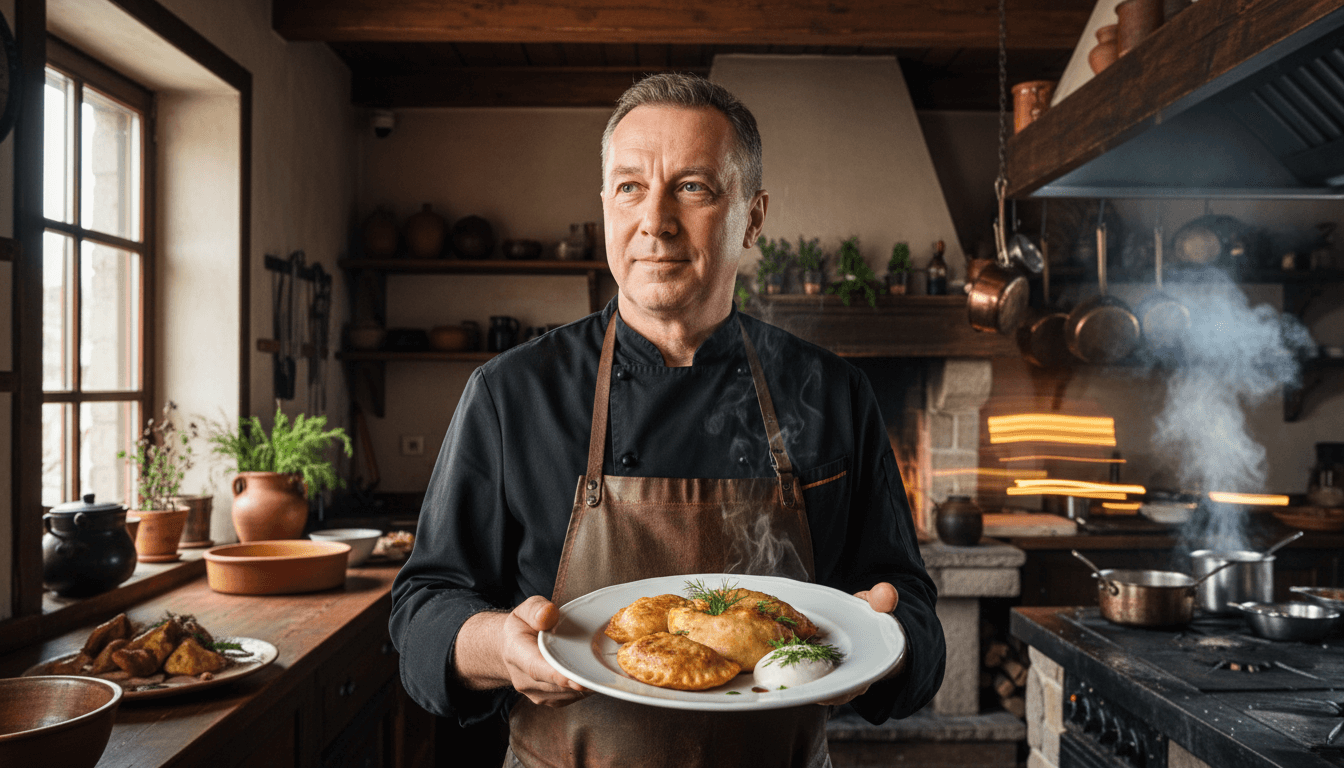 サモワールの魂:モスクワのシェフへのインタビュー 伝統的なロシア料理への洞察">
サモワールの魂:モスクワのシェフへのインタビュー 伝統的なロシア料理への洞察">

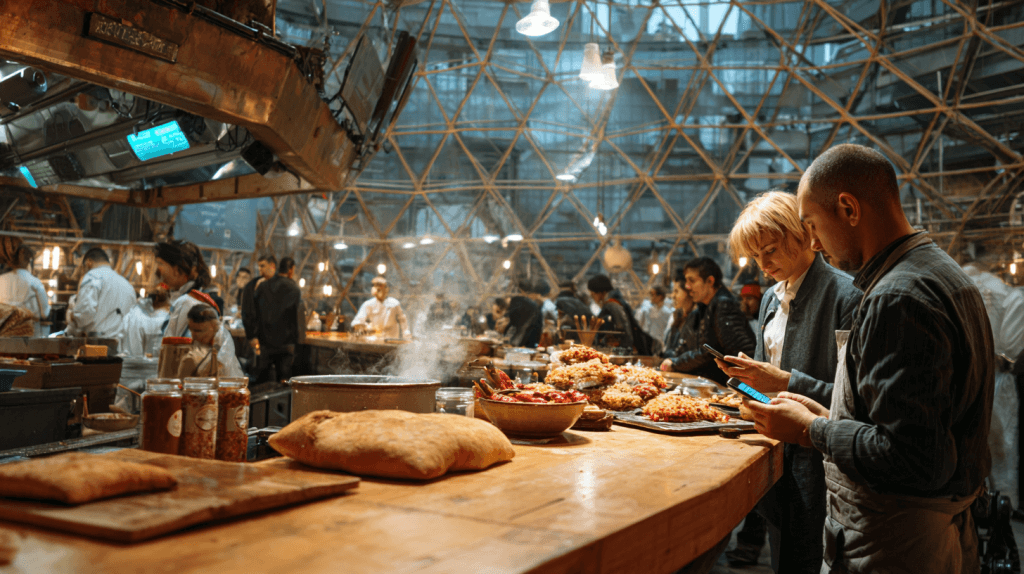 モスクワの美食: Passで行くグルメツアーと市場">
モスクワの美食: Passで行くグルメツアーと市場">
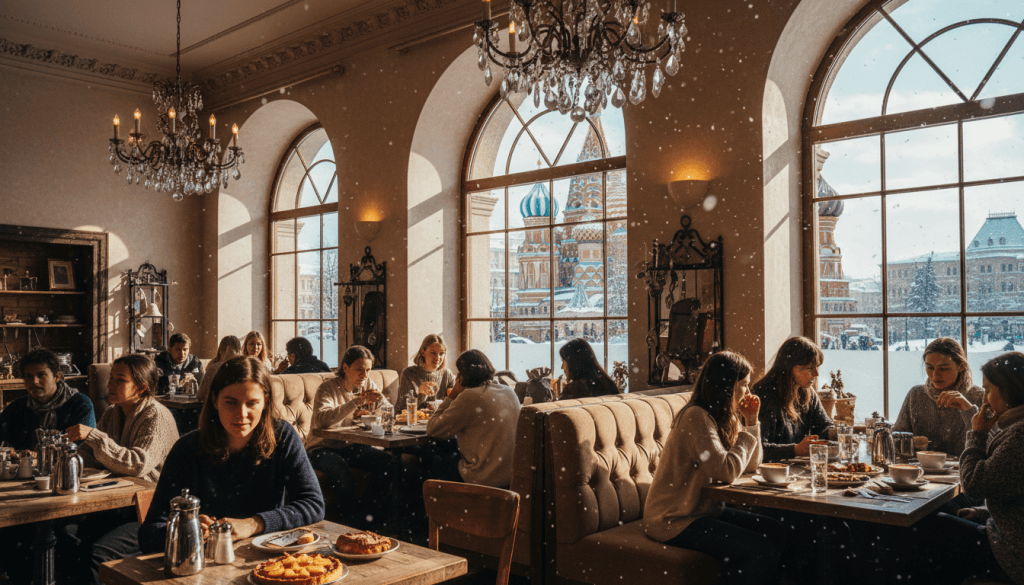 モスクワの人気観光スポット近くのおすすめブランチスポット">
モスクワの人気観光スポット近くのおすすめブランチスポット">
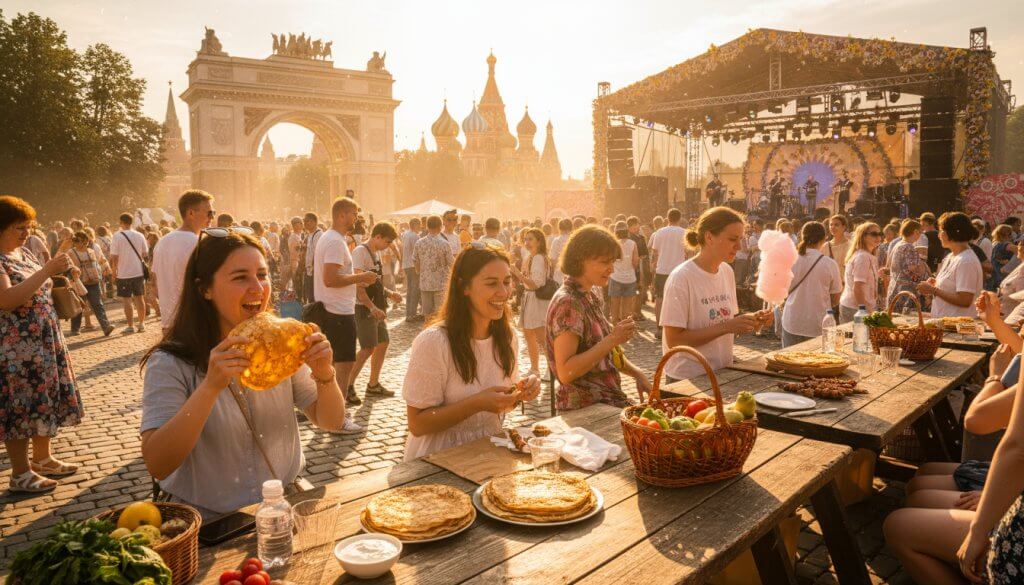 モスクワ、爛漫の夏:夏の屋外アトラクションと季節のフェスティバルを満喫するための必携ガイド">
モスクワ、爛漫の夏:夏の屋外アトラクションと季節のフェスティバルを満喫するための必携ガイド">
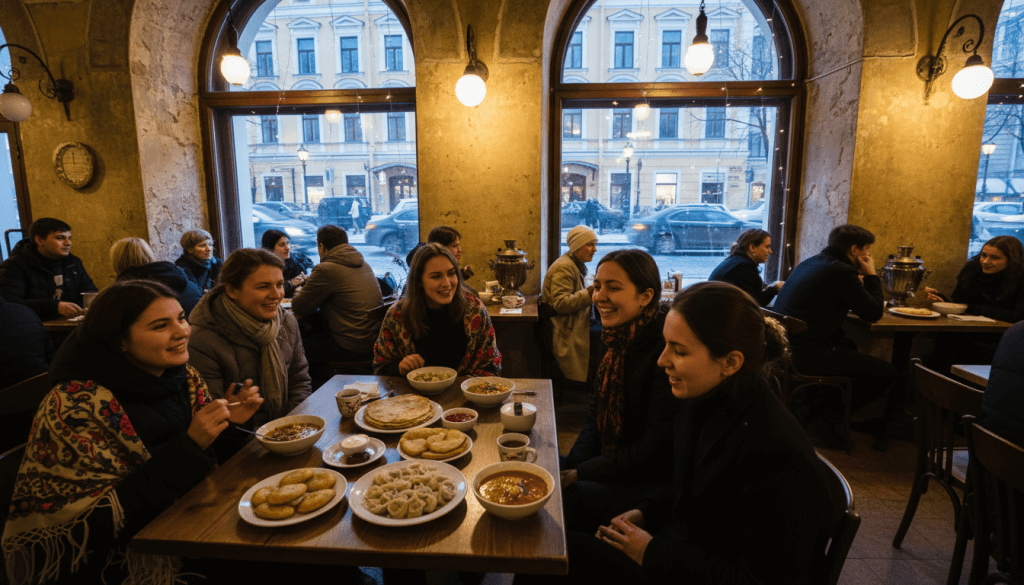 地元っ子のようにモスクワの食を体験する方法">
地元っ子のようにモスクワの食を体験する方法">
 モスクワのナイトライフを満喫:あらゆる嗜好に対応する最高のバーとクラブ">
モスクワのナイトライフを満喫:あらゆる嗜好に対応する最高のバーとクラブ">
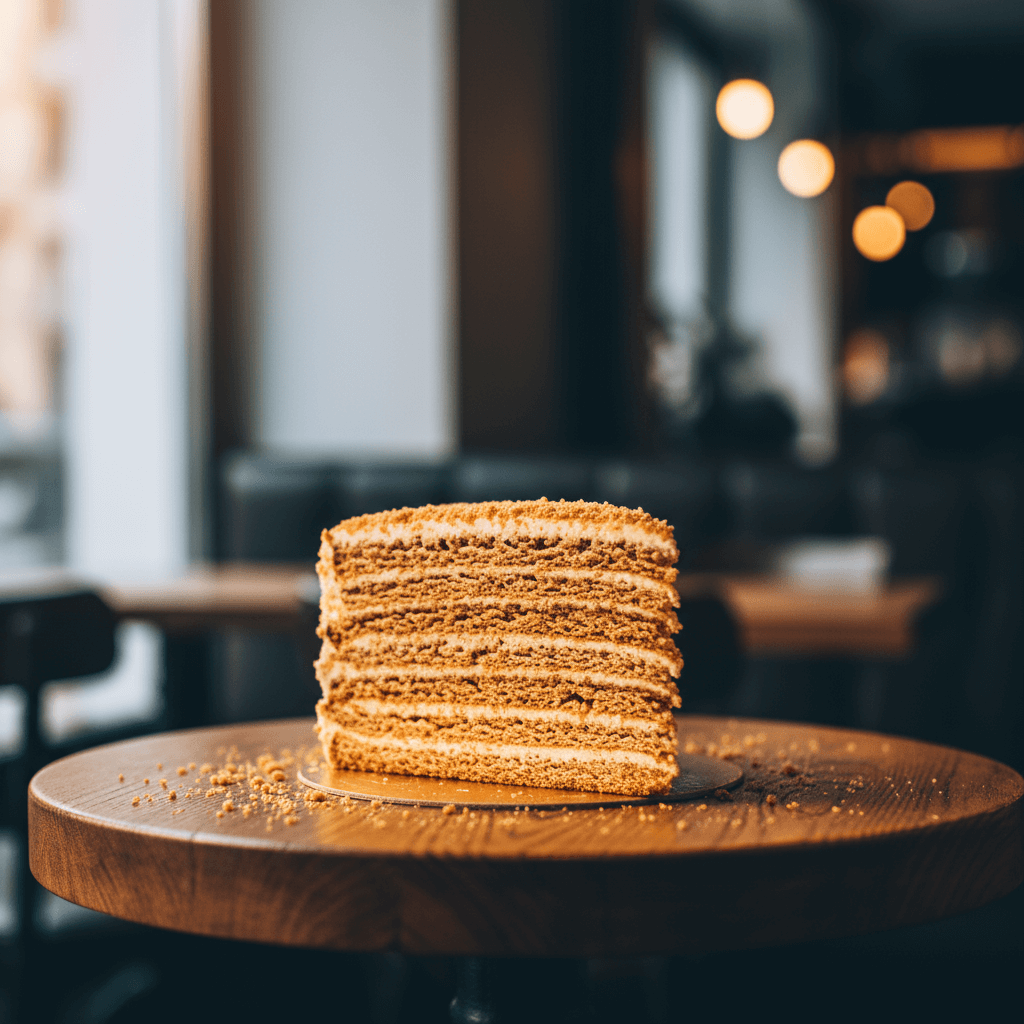 観光客マップを超えて: 地元の甘さを味わえる、モスクワの美味しいデザートスポットガイド">
観光客マップを超えて: 地元の甘さを味わえる、モスクワの美味しいデザートスポットガイド">
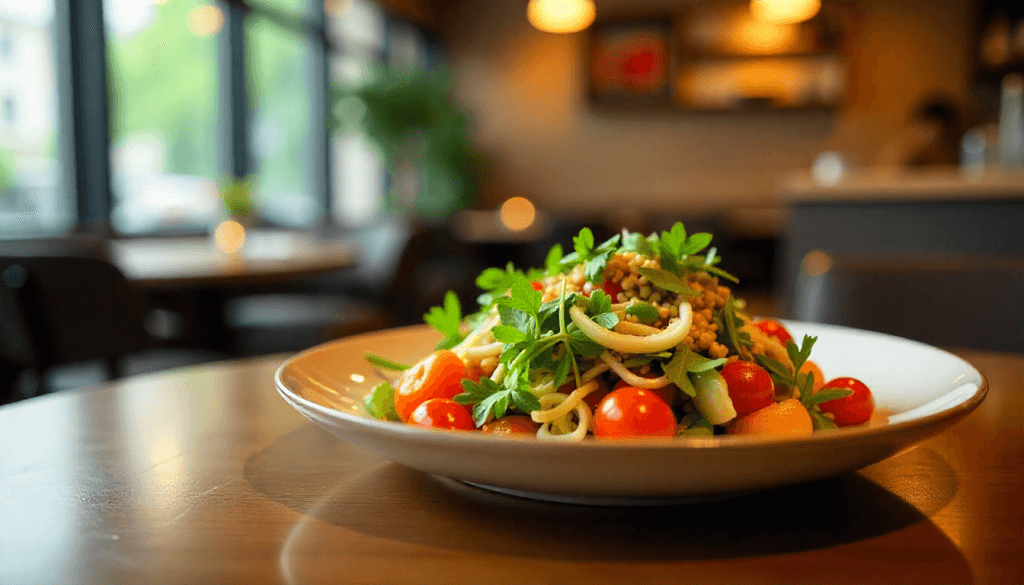 モスクワのグルテンフリー&ヴィーガンレストラン:健康志向の旅行者のためのガイド">
モスクワのグルテンフリー&ヴィーガンレストラン:健康志向の旅行者のためのガイド">
 地元っ子の秘密:2025年、モスクワっ子たちが食事をし、くつろぐ場所">
地元っ子の秘密:2025年、モスクワっ子たちが食事をし、くつろぐ場所">
 モスクワで夏に最高のピクニックスポット集">
モスクワで夏に最高のピクニックスポット集">